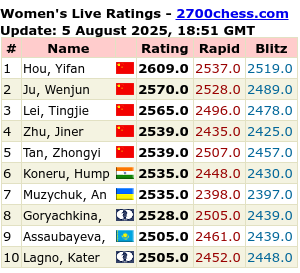This week, I was planning to work on my bestiary technique for memorizing names, but I had the chance to interview a fellow student teacher on his thoughts about memory instead.
Over the course of twenty minutes I asked Kolton seventeen questions, and his answers sparked some intriguing insights about the utility of memorization techniques in the contemporary world. Here are a few highlights:
Personal Techniques
His own techniques tend to be fairly semantic. Although he is capable of visualizing in his head, he prefers to study for exams using traditional methods. Kolton takes notes by hand and transfers these to his computer later, each step seeming to help him remember more. Once on the screen, he can quiz himself by covering up the computer. He also enjoys rehearsing the ideas in his head as though he were explaining the concepts to another person. In the process, he discovers what he struggles with, allowing him to go back and review those areas.
Kolton also enjoys using the keyword method for learning vocabulary in other languages, even if he did not know the name for this technique until recently. The technique has come in handy for learning Spanish vocabulary in particular, and he enjoys taking parts of words and relating them to other, similar-sounding words that can anchor the meaning in some way.
Teaching Memory Techniques
Kolton has a pragmatic view of memory techniques: if they work, use them, but otherwise, don’t stress! He will certainly pass along methods, if he thinks they might be useful for students, but he will offer them as a possibility for them to try if they like it.
The technique he thinks may be most useful to share with students is the keyword method. In the context of language learning, for example, students would do well to commit vocabulary to memory, since automaticity is so key to fluency.
When I probed him further about other contexts, he suggested that the loci method could be a useful technique for learning procedures as a barista at Starbucks. New employees could commit steps to memory in a particular sequence by anchoring them to familiar locations. Cool idea!

Memory in a Digital World
While Kolton believes that memorizing a large body of facts is not as important today as it might have once been, he does see a place for memory in many practices still critical today. Some of the contexts we discussed include presentations and job interviews, both of which illustrate circumstances in which you cannot access external devices to prompt your recollection of details. Knowing the facts intimately is also important when engaging youth. The range of incomplete and inaccurate positions are impossible to check without some grasp of a range of facts.
Kolton also expressed how important it is to protect and sustain local Indigenous knowledges, especially languages. Global pressures make it hard to sustain small communities, but diversity is part of what makes global engagements and exchanges beautiful. In other words, to safeguard strong intercultural engagements, we must protect the cultures that sustain diversity.
Whole Conversation
Kolton has graciously allowed the conversation to be uploaded. Here is the whole interview for those who want to get a better sense of Kolton’s insights:
Thank you, Kolton, for your thoughts and ideas!


Leave a Reply
You must be logged in to post a comment.